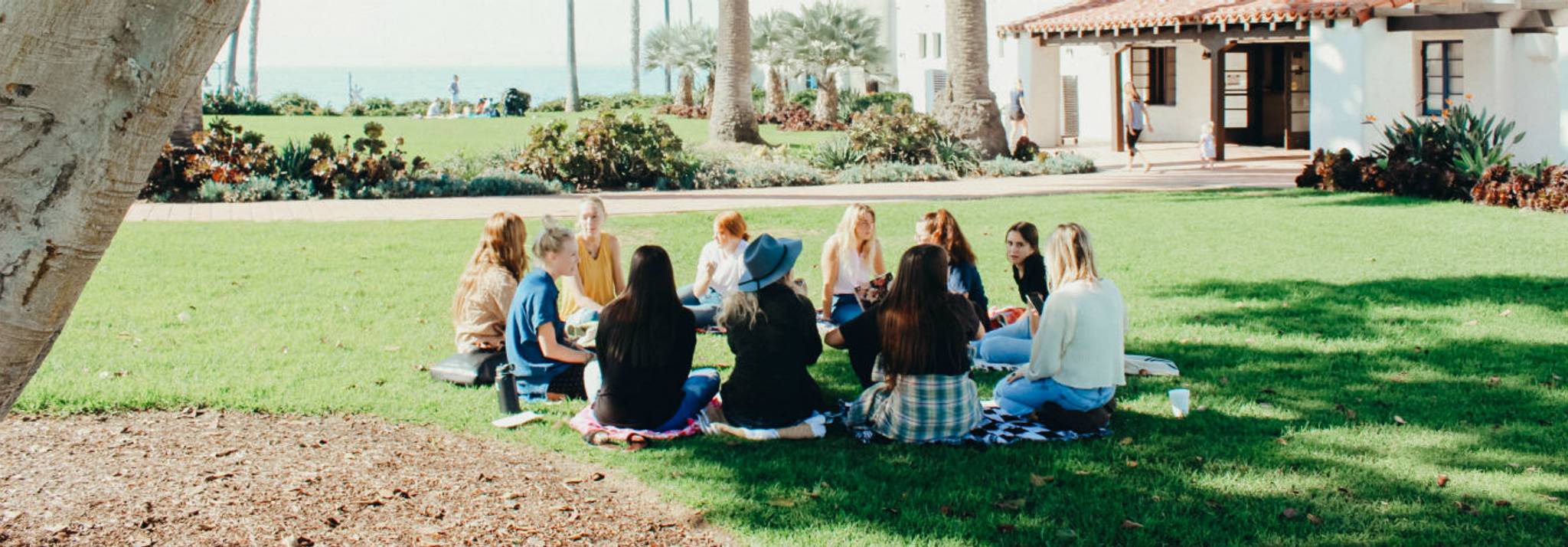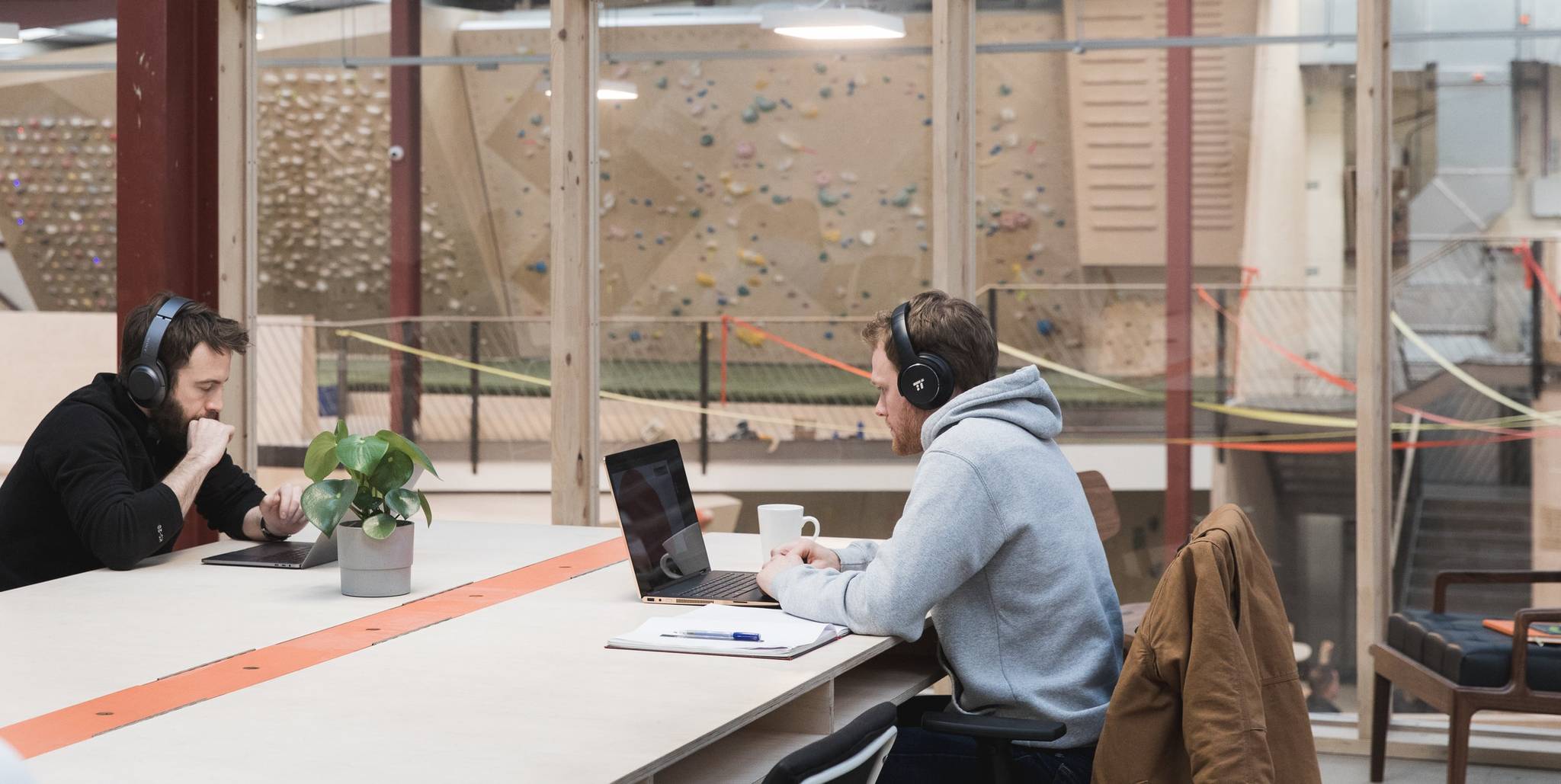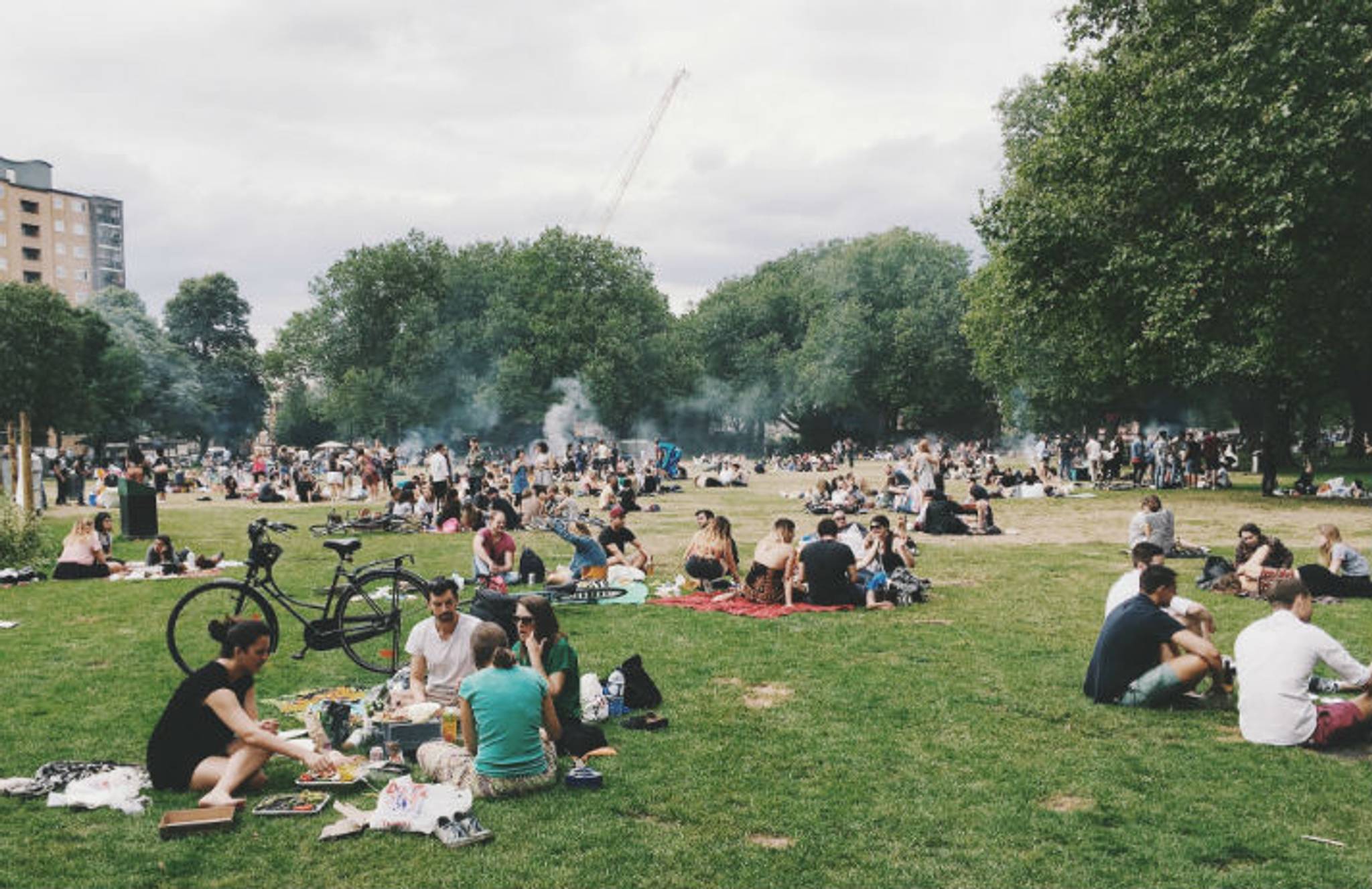
The Co-operative Group has a long-standing history of working together for the common good, be it introducing rations to help everyone get their fair share or allowing their customers to own a piece of the pie. It is now staying true to its heritage and launching an initiative to protect community hubs and spaces at risk of closure. Although funding is being cut, libraries, leisure centres, and parks are invaluable in helping people to connect, build relationships, and stay healthy.
Along with its local charity partner Locality, it has launched the Save our Spaces campaign, pledging to support and improve 2,000 at-risk community spaces by 2022. The brand has established a £1.6m match-funding partnership between Co-op Foundation and the government and £1.3 million via the Co-op Local Community Fund. The campaign also includes a series of mini-documentaries about the sites it aims to help and has coined the hashtag #saveourspaces to encourage people to identify spaces in need of TLC. "People need community spaces to learn, play, and be together. This is why we are making this commitment with Locality and why our communities will be healthier, happier, and safer places as a result," explains Rebecca Birkbeck, Co-op’s director of community and shared value.
The theme and idea of community in recent times has pivoted itself into a buzzword among brands and businesses. Be it online or IRL, everyone's looking to tap into it or create one. Microsoft has announced that its mammoth 22,000sq ft store opening on Londons Oxford St will also feature a community space to allow children to learn to code. Considering the announcement of its new digital hub in Milton Keynes, Santander has stated the inclusion of a community hall while Nick Roberts, head of property at Santander, was keen to reaffirm the companies “support for the local community”. Now, this is not to say companies are being disingenuous, but at a time of dwindling trust amongst big corporations, it does throw up the question of whether brands are needed within such spaces. If brands move into the “community” sphere, they're required to do so with extreme caution – or face backlash for their actions. Amazon, for example, felt the full force of the New York public after backtracking on its decision to set up an East Coast HQ.
But away from the possible commercialisation of community within its core premise, the value and beliefs of Co-op seems to have been retained in this campaign. With people living increasingly disconnected lives due to their digital devices, community spaces allow people to connect with their locale and combat growing social health issues. With 40% of 16- to 24-year-olds in the UK feeling lonely often or very often, GPs are encouraging people to foster social relationships for support and help with coping. Considering 62% of Britons feel strongly linked to their neighbourhood, organisations can play a role in helping to boost vital community-run services where they're desperately needed. One example is Men’s Sheds, which helps older men develop practical skills and socialise in a community setting. Meanwhile, Yonder looks to battle back from freelancer loneliness by mixing exercise with co-working space to build a community of engaged and healthy freelancers. Across the pond, the WePark movement has been spreading to bring together freelancers who are keen to find inventive ways of battling back against the expensive fees of co-working spaces.
Tahmid Akthar: Tahmid Akthar is a History graduate, who’s worked as a content writer and researcher within the fashion and creative industries for the past 7 years. Outside of work, he’s watching Arsenal through his hands over his eyes.



